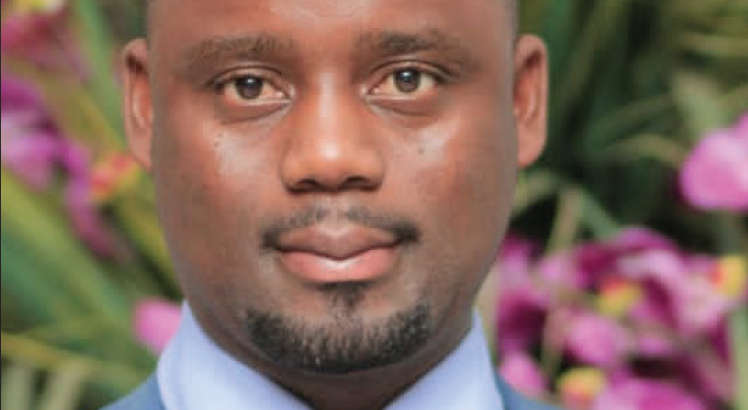Malga seeks K15bn government bailout
Malawi Local Government Association (Malga) has asked Treasury to clear the K15 billion arrears that local councils owe workers and suppliers of goods and services.
Malga executive director Hadrod Mkandawire said the development has resulted in increased cases of litigations, which are difficult and expensive on the part of local councils and government.
In his submission to the Ministry of Finance as part of pre-budget consultation, Mkandawire said all councils are currently indebted with huge outstanding arrears for utilities, salaries and taxes.

matter of urgency
He said the central government should consider providing a bailout package for the local councils to enable them to clear long-standing utility bills in public hospitals.
Mkandawire said they are concerned because Ministry of Finance promised to bail out local councils in the 2021/22 financial year, but to date, there is no progress on the matter.
He argued that the current budgeting system contradicts with the matching concept principle and the accruals concept of accounting.
Mkandawire said some of the debt as submitted by Malga dates back 10 years ago, thereby raising doubts on the council’s abilities to clear the same using the yearly funding and local revenues which are already constrained.
He said: “The government has to treat the bailout package as a matter of urgency in the 2022/23 financial year. The bailout package has to come out clearly in the 2022/23 budget.
“Central government transfers should be in line with the decentralisation policy, which demands that five percent of net national revenues should be transferred to councils as general resource fund or unconditional grants. Ministry of Finance should ensure that this is implemented in the 2022/2023 fiscal year.”
Mkandawire expressed concern that transfers to local councils are determined by the National Local Government Finance Committee using an outdated intergovernmental fiscal transfer formula (IGFTF) and in most cases using adhoc means.
Mkandawire said the IGFTF, which was developed in 2002, is no longer relevant for determining the allocations to the councils, as such, his organisation recommends that the existing intergovernmental fiscal transfer formula should be reviewed to take into account current emerging issues.
“There is need to include other factors such as poverty levels, geographical terrain of the district, geographical size of the district, existing infrastructure among others.
“In the 2022/23 budget, Government should create a separate budget line for the honoraria and other perks for councilors, this should be separate from GRF,” he said.
Minister of Finance Felix Mlusu, who has been soliciting public input for the 2022/23 budget framework to ensure inclusivity, said the ministry took note of the proposals.
Parliament is expected to start 2022/23 Budget Meeting on February 3.
The 2022/23 National Budget will run from April 1 2022 to March 31 2023.





One Comment